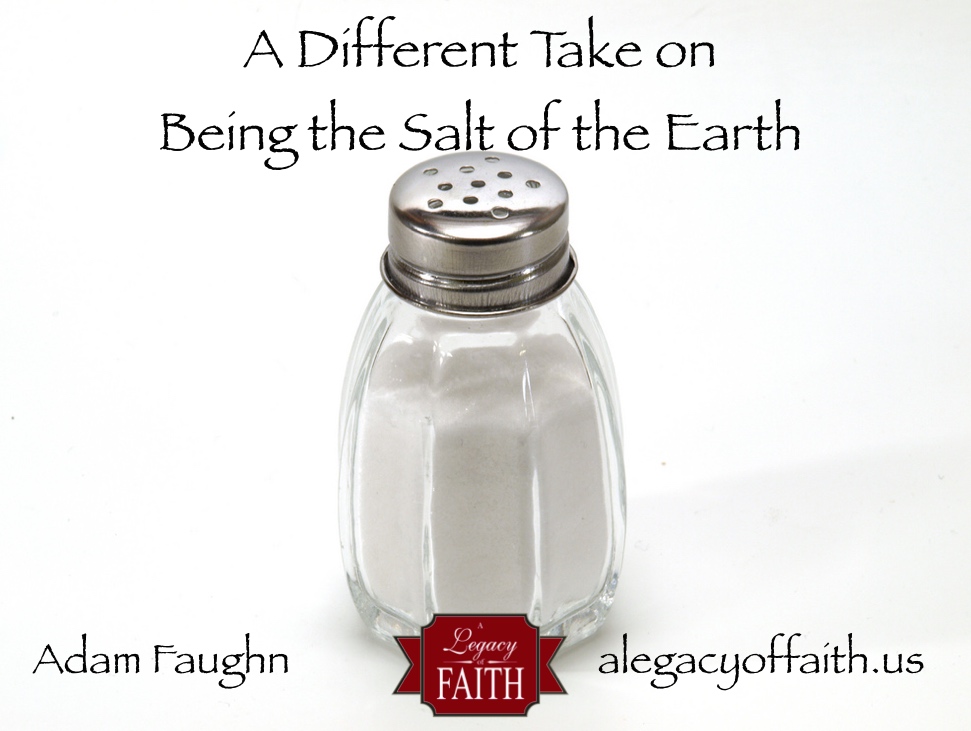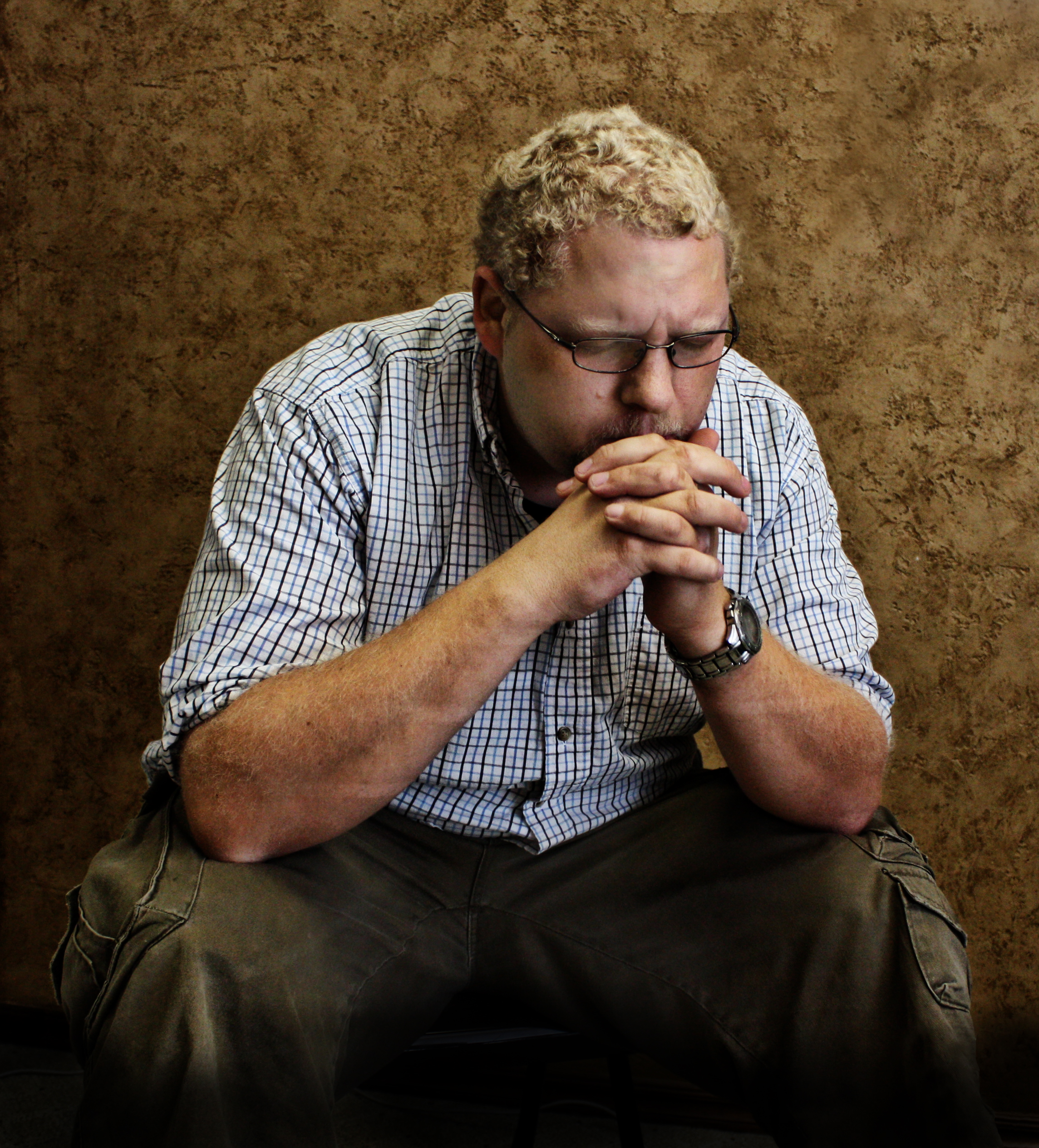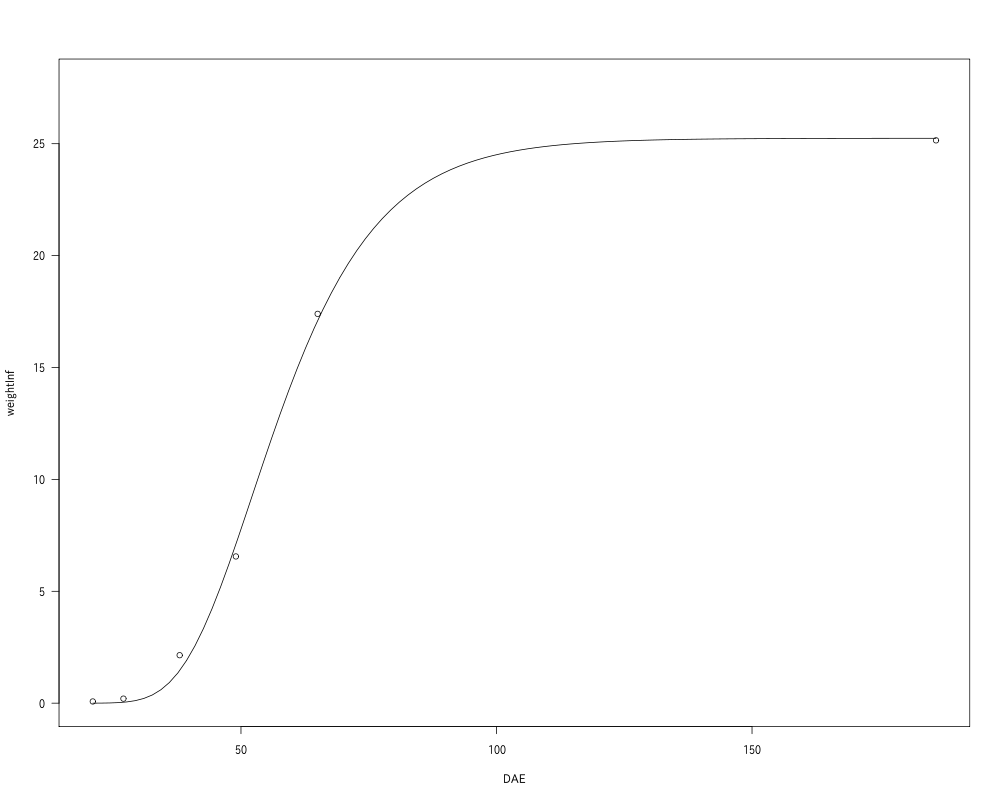A Different Take on Being the Salt of the Earth
As Jesus began the Sermon the Mount, He gave that great list of beatitudes. In many ways, those short statements would be the foundation not only for this sermon, but for the types of people who would truly hear Him and follow.
After that list, the Lord gave one of the most famous word pictures in Scripture: “You are the salt of the earth, but if salt has lost its taste, how shall its saltiness be restored?” (Matthew 5:13)
That word picture has been written about, preached about, and examined from nearly every possible angle. Seemingly every use and application of salt in the ancient world has been spoken of, to show why Jesus would speak of these people as the salt of the earth.
But I want to take a different look at this comparison. At least, it’s one that is different for me. You may have thought of this before and may think I am as far behind in my Bible study as possible. Still, when this crossed my mind and I studied some more, it was eye-opening to me, and I hope it will be to you, as well.
Notice that Jesus did not tell those gathered that day “you will be the salt of the earth” or “you have the potential to be the salt of the earth.” Instead, the Lord emphatically stated, “You are the salt of the earth” (emphasis added).
Also, keep in mind that much of the teaching Jesus did was done with a Hebrew “structure” in place. By that I mean, we need to remember the cultural context in which Jesus was living, and the people to whom He was speaking. While this was not always the case, quite often Hebrew rabbis would write or speak using a structure that began and ended with the same concept. It may have been worded differently, but the same idea was emphasized at (or near) the beginning of a lesson and then again at (or near) the end.
With that in mind, consider the final words of this great sermon:
Everyone then who hears these words of mine and does them will be like a wise man who built his house on the rock. And the rain fell, and the floods came, and the winds blew and beat on that house, but it did not fall, because it had been founded on the rock. And everyone who hears these words of mine and does not do them will be like a foolish man who builds his house on the sand. And the rain fell, and the floods came, and the winds blew and beat against that house, and it fell, and great was the fall of it. (Matthew 7:24-27)
If we are to consider the beginning and ending of this sermon to have the same emphasis, does that not add something to Jesus saying that those who were present were the “salt of the earth?”
They were the salt of the earth by the mere fact they were coming out to hear Jesus. They were the salt of the earth because they were willing to leave their regular life for a time to go out and listen to this Master Teacher share His message.
But, to remain the salt of the earth–to not lose their saltiness–they had to follow the teachings they were hearing.
Today, we are the salt of the earth when we open our Bibles or come to worship and hear what Christ would have us to do. We are the salt of the earth when we take time out of our lives to put Him first and to hear from Him through His Word.
But we become foolish; in fact, we lose our saltiness when we fail to do what we hear.
Be–and remain–salty!
——-
To Receive Every Post via Email for Free, Click Here
Photo background credit: Dubravko Soric on Creative Commons



